Application of Al-Ghazali’s Excellence Model and Coaching Psychology to Improve the Psychological Well-Being of Low-Income Families
1) Ricky Firmansyah. S.Psi.,M.Si.
2) Professor. Lydia Freyani Hawadi.
Middle East and Islamic Studies, School of Strategic And Global Studies, University of Indonesia,
Salemba Raya No.4, Jakarta 10430, Indonesia
ORCID
Ricky Firmansyah: https://orcid.org/0000-0002-2972-5000
Abstract.
The Indonesian Government’s strategy to overcome poverty is largely simplistic and materialistic, namely: providing cash transfers, social services and work skills. This approach creates dependency on government assistance. Another approach that can be taken to escape the cycle of poverty is the non-income approach in the form of psychological assistance to support psychological well-being. This research was conducted to consider whether the psychological well-being of the poor can be improved by applying the Al-Ghazali human excellence model through the coaching psychology approach. This study involved a case study of a 37-year-old head of household who worked as a scavenger and lived below the poverty line. Behavior change was measured. The subject attended six intervention sessions, once a week, each of 60 minutes. Data were collected through interviews to determine the economic condition of the participant and their strengths and weaknesses. Ryff’s psychological
well-being scale was used to assess the participant’s level of welfare. Based on the results, it was concluded that the coaching psychology approach with Al-Ghazali’s model can improve the psychological well-being of participants.
Keywords: Al-Ghazali, coaching psychology, human excellence, poverty, psychological well-being, ghazalian psychology, Islamic psychology.
Download For Full Text in PDF: https://knepublishing.com/index.php/KnE-Social/article/view/10778/17539
